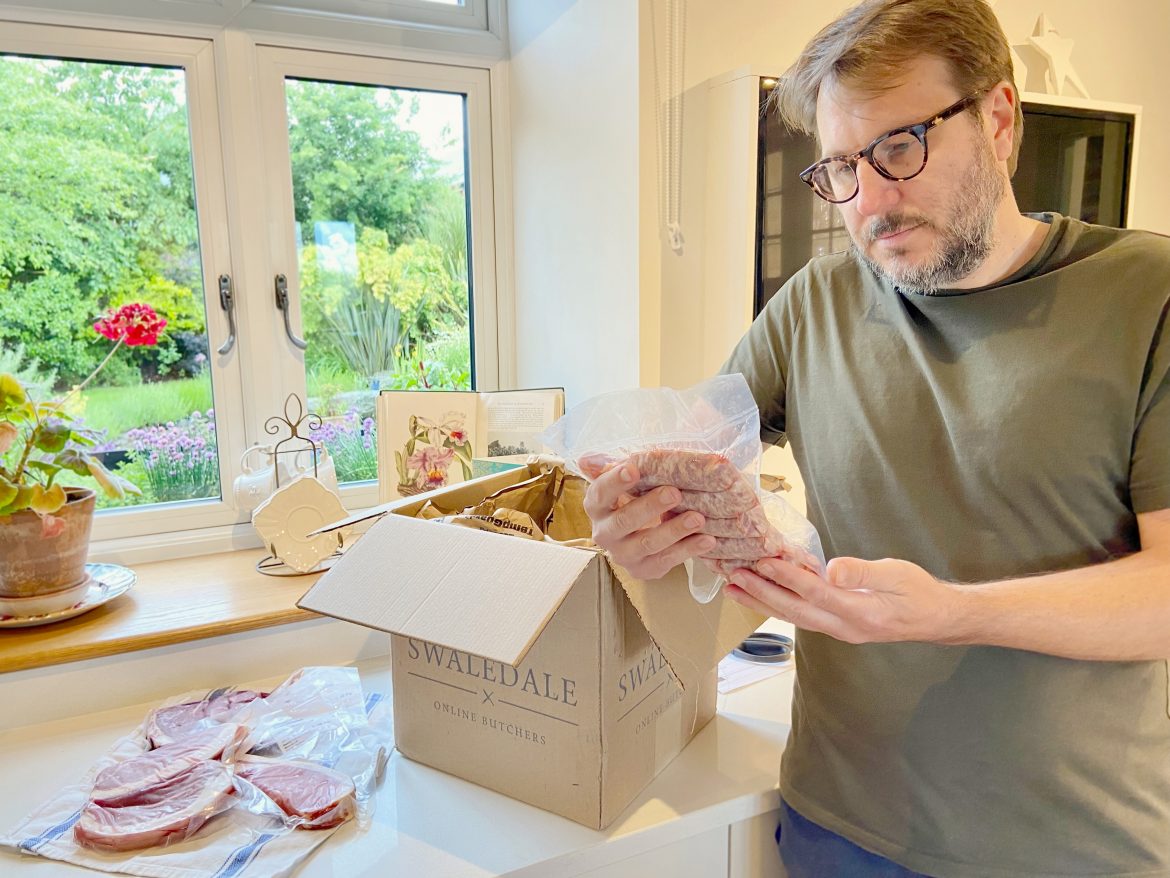We’ve undertaken multiple paths to be more sustainable and we started our journey by putting in an air source heat pump and solar PV array to decarbonise our heating and electricity. But we’ve also focused on becoming more sustainable by watching what we eat.
We’ve already expressed our thoughts about the sustainability of eating meat and the fact that the world has become addicted to consuming cheap meat in vast quantities as part of its every day diet. The bottom line is that meat has generally become an extremely cheap source of food largely as a result of fast food culture driven by Macdonald’s and Burger King.
I recently read that 99% of world meat consumption comes from animals that have been reared in intensive farming units. These are not, as the name suggests, ‘farms’. They are factories designed to churn out meat in the quickest possible time. Not only is this meat severely lacking in nutrition and quality, it’s a major cause of climate change.
As part of our transition to eating more sustainably we haven’t stopped eating meat. We still perceive it as being an important part of our balanced diet. The difference is that we’re not eating meat breakfast, lunch and dinner. Instead, we have made a conscious decision to buy more expensive, genuinely free range, outdoor bred meat, but we buy it far less frequently and in smaller quantities.
For example, instead of buying five steaks and three chickens from the supermarket, meat that is intensively farmed, we will buy two steaks and one chicken from a farm that slow-rears their meats in a true free range manner. We’re fortunate in that regard because we have several butchers and farm shops around us that rear and sell their own meat.
The total monetary outlay is the same, but we have meat as a treat once or maybe twice a week instead of every day. On days that we don’t eat meat, we eat beans, lentils and vegetable inspired meals using fresh produce from our vegetable garden.
So we were very excited when we were recently contacted by Swaledale Butchers to sample their range of grass-fed, dry-aged beef and free range, native pork that they sell online.
All the meat comes from small farms on the Yorkshire Dales and is professionally butchered using a nose to tail philosophy with nothing going to waste. This is what meat farming should be and these are precisely the kind of farmers we should be supporting.
Their cattle are typically 4-6 years old when they go to slaughter, as opposed to as little as 14 months when it comes to intensive farms, and the way that they rear their pigs, lambs and chickens adheres to a similar ethos.
For us, it’s about respecting meat and where it comes from, knowing that the animals lead a good life, in humane conditions. This is of paramount importance to us, and if more people followed a similar approach, our animals and the planet would be in a better state.
Over the next couple of months, we are going to be posting our reviews, recipes and experiences of the meat we received from Swaledale Butchers. Just to whet your appetite, we received onglet steak, outside skirt steak, Korean-style BBQ beef short rib, dry-cured smoked back bacon, pork rump steak, steak strips, beef rump steak, and Tuscan-style pork, fennel and red wine sausages.
There are a lot of special treats in store for us and we’re looking forward to sharing our culinary experiences.
